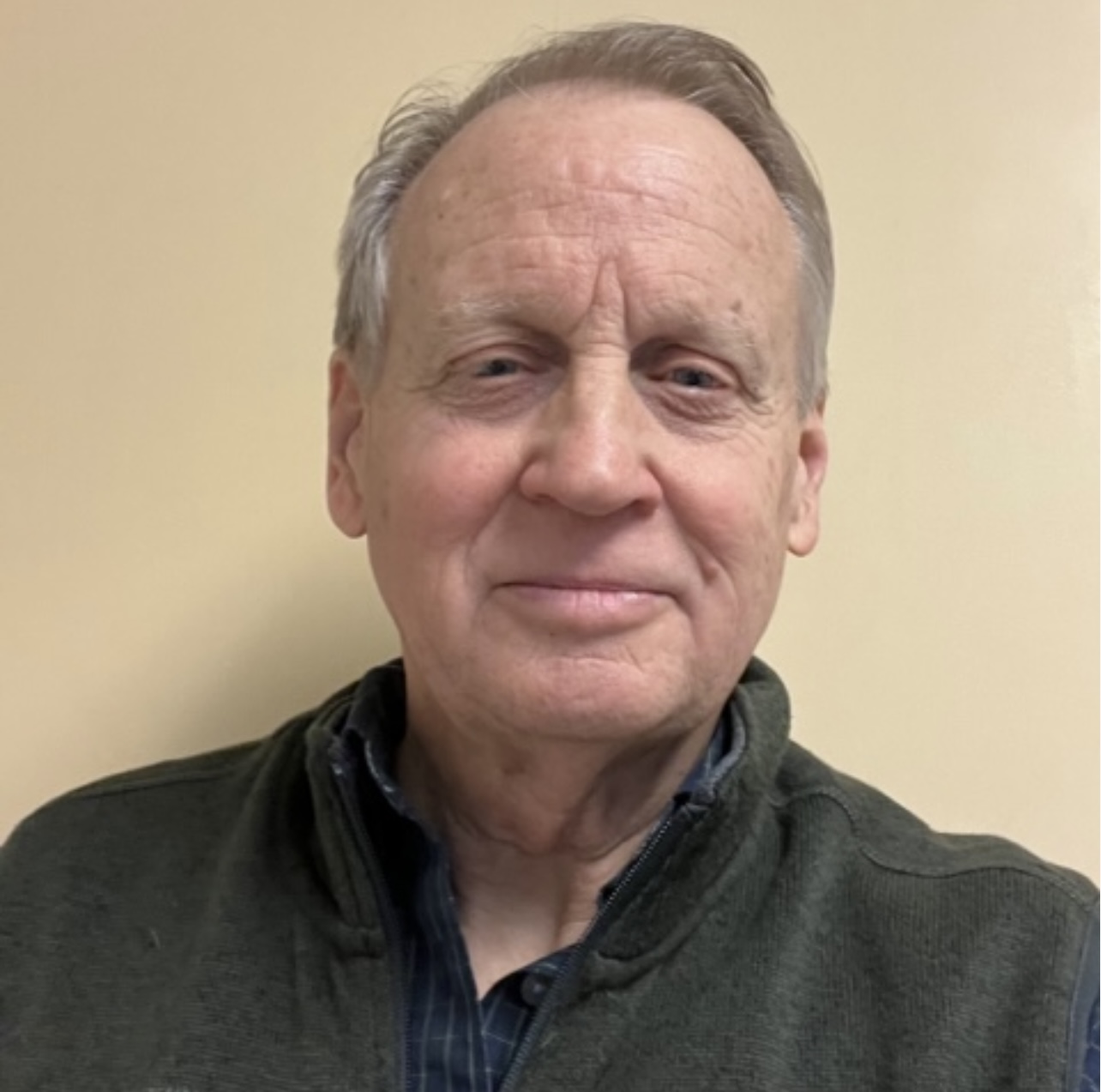Professor Ericson Delves Into the World of Learning Social Work
by Ramona DiFrancesco
If you’ve ever been interested in going into a career in social work or psychology, or if you’d simply like to learn more about privilege and culture, Professor Robert Ericson’s classes at 4C’s could be a great option for you.
“What I sometimes tell students, especially in the introduction courses for human services, is that I actually started at Cape Cod Community College as a student, many, many years ago,” he says with a chuckle.
“At a time, truth be told, I wasn’t much of a student, at least initially, when I was here. I was majoring, at the time, in baseball and basketball when there was such a thing… But by the time I left, I became a student, largely through the persistence and dedication of the professors at the time.”
Ericson says he also studied criminology and psychology at 4C’s, before continuing his education at Worcester State, studying philosophy, psychology, and sociology, which he says eventually morphed into working in the field of psychology in a broader sense.
After studying at Worcester State, Ericson worked in residential programs for a number of years, before returning to school at Assumption College to get his master’s in psychology. He then worked in the field another five to six years, before deciding to explore social work. He then received his master’s in social work at Smith College.
“I worked a whole bunch of years in the field, and decided to go back -- glutton for punishment -- and went back to school at Simmons College School of Social Work and got my doctorate in social work.”
He adds that he never would’ve imagined his career path would go in the direction that it has when he first started at 4C’s. He continues to work as a clinician and human services professor, as well as the coordinator of human services program at 4C’s.
At 4C’s, Ericson teaches classes that teach students about human services and social work. Some of these classes include Group Dynamics (PSY 209), Intro to Human Services (HUS 101), Social Work: Diversity, Cultural Competence (HUS 270), as well as a Human Services Practicum (HUS 206), in which students must complete 100 hours of field work.
Ericson says that, originally, 4C’s didn’t have a hands-on course focusing on diversity and developing multi-cultural competence, other than some sociology courses which talked about racism. With his HUS 270 course, students can now learn about things like racism, classism, privilege, sexism, as well as many other social issues that come up in human services.
“I was asked by Bridgewater School of Social Work if we had a course like this, like, five or six years ago, and we did not. They were noticing that they were getting students from 4C’s, good students, who applied to and got in to the bachelor’s in social work program, but they couldn’t take any upper level social work courses because we didn’t have a course in diversity.”
Because diversity courses are a prerequisite in social work, this was putting 4C’s students in a tough spot. So, with the help of Bridgewater, Ericson was able to bring a social work diversity class to 4C’s. And in the last year and a half, the school has also worked to get the course approved as a general education course, which means it is now available to almost any student at the college, even if they’re not studying social work.
Ericson says this social work and diversity class isn’t just an academic-based, reading-the-textbook-type class, but it requires students to lean into their discomfort and learn about self-correction and their own implicit biases. Through the class work, the students learn how to recognize their own privileges and become more culturally competent.
If students choose to take the Human Services Practicum, the course requires them to complete 100 hours of field work during the semester. This can include working in Project Forward here on campus, in substance-use facilities, working with the unhoused community, and so on. In past years, the Introduction to Human Services class has also included some field work, such as working in the 4C’s food pantry.
Once a student graduates and enters the field of social work, they’re required to continue developing their cultural competence throughout their career, as part of the National Association of Social Workers code of ethics. They’re supposed to do 30 CEUs (continuing education units) every two years, a large chunk of which are required to be completed in multicultural areas.
“It’s a never-ending project; it’s not like we arrive finished,” he says.
Ericson’s has some advice for students considering a job in social work:
“Don’t be scared off about joining a broad field, that has a lot of different avenues, and, yes, does require considerable commitment of education over time if you’re going to make it your profession. But you have to really figure out some creative ways to achieve balance, take care of yourself, and do self-care,” he says.
Ericson stresses the importance of taking time for you, because working in human services can be draining a lot of the time. He also reminds us that entry level jobs can be especially stressful, most employees working in social work and mental health human services are overworked, and that the systems meant to people who are struggling are often times broken. So, when you work in social work and human services, you have to remind yourself to take some of that pressure off your shoulders.

Ericson Delves. (Ericson Delves)
Categories: Featured, Professors